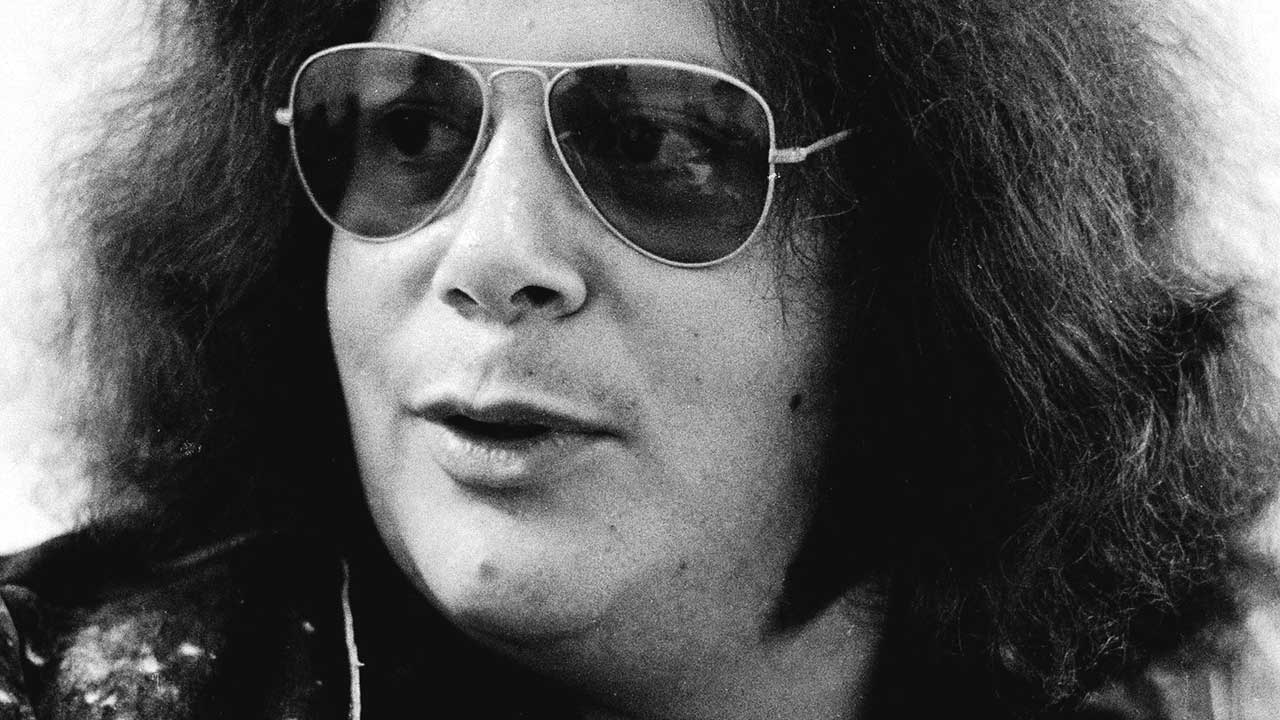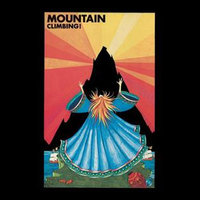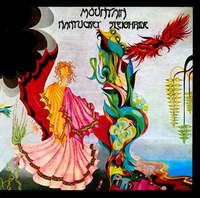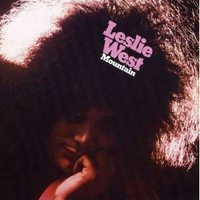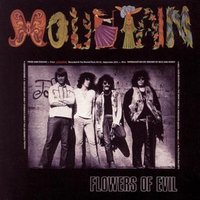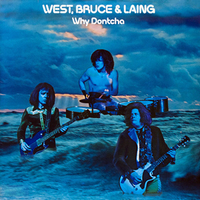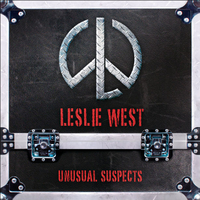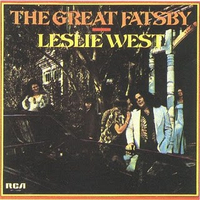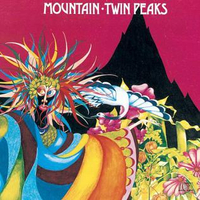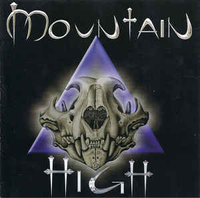Leslie West didn’t do anything by halves. After seeing his favourite band, Cream, in New York in 1967, the then 22-year-old guitarist devoted his life to practising and playing, in order to up his game and compete with the big boys.
His efforts paid off: his group Mountain played a pivotal role in the birth of heavy metal, and West – who Jeff Beck once described as the “the greatest living guitarist in the world” – jammed with Jimi Hendrix, was invited to join the Rolling Stones and Lynyrd Skynyrd, and was hired by The Who to play on Who’s Next.
“I wanted a guitar sound that sounded like three guitars,” he once explained of the technique that underpinned Mountain – a thunderous yet effectively simple fuzz that the likes of Kyuss and Monster Magnet would pick up and run with 20 years later.
Behind the scenes, things were less straightforward. Mountain’s earliest line-up was plagued with internal tensions, drug problems and even bullying – drummer Corky Laing once claimed that the band’s early days felt like “being in boot camp”, thanks to the relentless demands of bassist Felix Pappalardi. But by the mid-70s West had taken hold of the creative reins, and held them until his death in 2020.
Pappalardi was shot and killed by his wife, Gail Collins, in 1983. West’s own life nearly came to an equally sudden end in 2011 when, during a flight to a gig in Biloxi, Mississippi, West’s right leg turned blue due to complications with diabetes. He was rushed to hospital, where surgeons had no option but to amputate his lower leg in order to save his life.
Thankfully, West recovered, and his career continued. His final three albums – 2011's Unusual Suspects, 2013's Still Climbing and 2015's Soundcheck – featured guest appearances from Slash, Joe Bonamassa, Billy Gibbons, Zakk Wylde, Dee Snider, Mark Tremonti, Johnny Winter, Peter Frampton and Brian May among others. The big man with the big sound had finally received his due respect.

